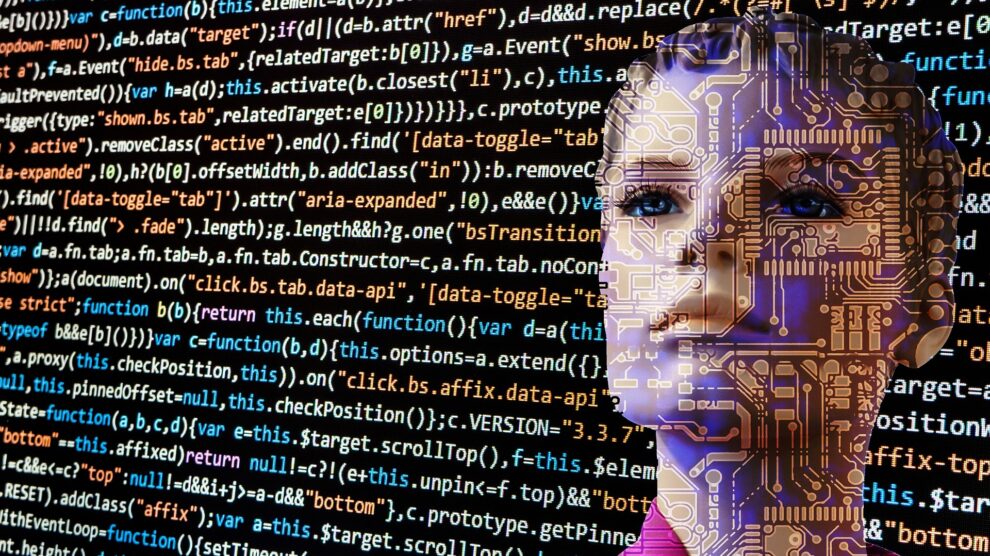Technology has never failed to surprise users with its advancements. Be it automated ordering kiosks at McDonald’s, self-checkout machines installed in supermarkets or taking rides in driverless cars, new technological inventions have grown at an unprecedented rate to add value to our lives.
This is just the beginning. The theory of Artificial Intelligence (AI) means development of a computer system that functions just like a human with capabilities of language translation, decision making, visual perception and speech recognition. This technology is at the nascent stage, but already being explored by several industries.
Let’s look at the usage of Artificial Intelligence and its impact on different industries:
Manufacturing
As per a survey report from Infosys, a majority of manufacturers look at AI as a revolutionary technology to boost productivity.
Adoption of AI is a giant leap for many manufacturers as it requires full support of both people and regimented machinery processes. Initiation of AI strategy is dependent on detailed planning and guidance to ensure that the usage of AI is successful. Employees and customers need to be supportive and willing to adapt to new working practices and changing working landscapes.
Packaging and Shipping: Goods Distribution Industry
The Goods distribution industry is utilizing the strength of AI through the use of robots to make distribution more effective and managed. The most successful example of automated packaging and distribution is Amazon – the company that has over 45,000 robots in its warehouse. The company had a futuristic vision to implementing AI strategy in its operations. It acquired a robotics company called Kiva Systems in 2012 for £632 million. Kiva robots are now utilized to automate the picking and packing processes for efficient working processes.
“It’s a bit of an investment that has implications for a lot of elements of our cost structure, but we’re happy with Kiva. It has been a great innovation for us, and we think it makes the warehouse jobs better, and we think it makes our warehouses more productive.”
— Phil Hardin, Amazon’s Director of Investor Relations
Customer Service
Chatbots is the new buzzword for customer service. Companies are showing interest in developing chatbots that could harness the strength of natural language processing and machine learning to create friendly robots that could imitate human speech and give natural replies. Experts are still in the research phase to build chatbots that are high-tech, understand user queries and give the most relevant replies. The day is not far off when humans will be unable to differentiate whether they spoke to a chatbot or a human.
As per a report from HubSpot, 40% of consumers do not care whether a chatbot or a real human assists them, as long as they are getting the necessary help. Another survey by PwC says that 34% of executives focused on deep thinking and creating after having their time freed up by chatbots.
Finance
Banks and other financial institutions are turning to AI to derive insights from a voluminous amount of data. Programmed Robots can replace humans to manage finances and forecast stock trends, in fact, more efficiently than humans.
“Based on UBS Evidence Lab survey, an optimal scenario of limited disruption suggests Artificial Intelligence technology could potentially lead to 3.4% revenue uplift and 3.9% cost savings over the next three years.”
— UBS strategist Philip Finch
Robo-adviser is the new trend in the finance industry. It is the replacement of humans with robots that can provide suggestions for simple financial problems. Hussey-Yeo, who is the CEO and founder of Cleo, reveals his research on a chatbot app that uses AI technology to give advice to people on how to manage their finances.
Healthcare
Artificial Intelligence is rewiring the modern concept of healthcare by using AI powered machines for a variety of medical procedures, including diagnosing diseases, delivering anaesthesia and performing surgery.
Take a look at following categories of healthcare applications that are impacted by AI technology:
- Virtual Nursing Assistants
- Robot-Assisted Surgery
- Dosage Error Reduction
- Automated Image Diagnosis
On a Concluding Note…
Artificial Intelligence is the most disruptive technology currently influencing the major industries of manufacturing, retail, real estate, ecommerce, healthcare and logistics. Companies are investing in this technology to get fruitful returns in the near future.





